Autism Spectrum Disorder
ASD stands for Autism Spectrum Disorder. It is a developmental disorder that affects communication, social interaction, and behavior. Individuals with ASD may have challenges in understanding and interpreting social cues, exhibit repetitive behaviors, and show a preference for routines. The term “spectrum” reflects the wide variation in challenges and strengths that people with ASD can experience, ranging from mild to severe. Each person with ASD is unique, and the impact of the disorder can vary widely from one individual to another.
As per WHO
- In India, approximately 1 out of 100 children below the age of 10 have autism.
- About 18 million Indians have autism
- The ratio of ASD in gender is about 4:1 that is boy:girl

What does ASD look like?
What are the possible interventions for managing ASD ?
In Children
- Behavioral Therapy
- Psychiatry
- Occupational therapy
- Remedial Educator
- Speech Therapy
In Adults
- Psychotherapy
- Psychiatry
- SST
Types Of ASD
- Autistic Disorder (Classic Autism)
- Asperger’s Syndrome
- Pervasive Developmental Disorder
- Childhood Disintegrative Disorder (CDD)
- Rett Syndrome
How can a Behavioral Therapist help with ASD?
Behavioral therapists play a crucial role in helping children with Autism Spectrum Disorder (ASD) by employing evidence-based interventions like Applied Behavior Analysis (ABA). They focus on improving social and communication skills, reducing challenging behaviors, and enhancing adaptive behaviors. Through structured and individualized approaches, behavioral therapists work with children to reinforce positive behaviors and address specific challenges, contributing to overall skill development and improved functioning in various aspects of their lives.
How can a Psychologist help with ASD in adults?
Psychologists aid adults with Autism Spectrum Disorder (ASD) by offering targeted interventions to address social and communication challenges, sensory sensitivities, and coping strategies for daily life. Through cognitive-behavioral approaches, psychologists help individuals navigate relationships, manage anxiety, and develop skills that foster independence. Tailoring interventions to the unique needs of each adult with ASD, psychologists play a vital role in enhancing overall well-being and promoting successful integration into various aspects of adult life.
How can a Psychiatrist help with ASD?
Psychiatrists can assist individuals with Autism Spectrum Disorder (ASD) by providing psychiatric assessments, diagnosing co-occurring mental health conditions, and prescribing medications when appropriate. While medication may not target core ASD symptoms, it can address associated challenges like anxiety or attention issues. Psychiatrists also collaborate with other professionals in creating comprehensive treatment plans, offering valuable support to individuals with ASD in managing their overall mental health and improving their daily functioning.
How can Occupational Therapy help with ASD?
Occupational Therapy (OT) can significantly benefit individuals with Autism Spectrum Disorder (ASD) by addressing sensory processing challenges, fine and gross motor skills, and daily living activities. Therapists work to enhance a person’s independence and social participation by tailoring activities to their unique needs. Through structured interventions, individuals with ASD can develop skills that facilitate better engagement in everyday tasks and promote overall well-being, contributing to improved quality of life and increased independence.
How can a Remedial Educator help with ASD?
Remedial educators play a crucial role in supporting children with Autism Spectrum Disorder (ASD) by providing specialized instruction tailored to their learning needs. Using individualized teaching methods, these educators focus on enhancing academic skills, communication, and social interactions. By incorporating visual aids, structured routines, and multisensory approaches, they create a conducive learning environment. Remedial educators collaborate with other professionals, such as speech therapists and occupational therapists, to address diverse needs, fostering academic and developmental progress in children with ASD.
How can Speech Therapists help with ASD?
Speech therapy for Autism Spectrum Disorder (ASD) focuses on improving communication skills. Therapists work on speech articulation, language development, and social communication. They may use visual aids, social stories, and interactive activities to enhance engagement. Speech therapy also addresses nonverbal communication, such as gestures and facial expressions. By tailoring interventions to individual needs, speech therapists empower individuals with ASD to express themselves effectively, fostering improved social interactions and overall communication abilities in various contexts.
FAQs
What is Applied Behavior Analysis (ABA)?
A therapy focusing on improving behaviors and social skills through systematic, positive reinforcement
Is ASD more common in boys than girls?
Yes, ASD is more frequently diagnosed in boys, but girls may present differently, leading to underdiagnosis.
Can individuals with ASD lead independent lives?
With proper support and interventions, many individuals with ASD can lead fulfilling,independent lives.
What is Applied Behavior Analysis (ABA)?
A therapy focusing on improving behaviors and social skills through systematic, positive reinforcement.
Is there a cure for ASD?
No cure, but early intervention and therapy can significantly improve symptoms and quality of life.

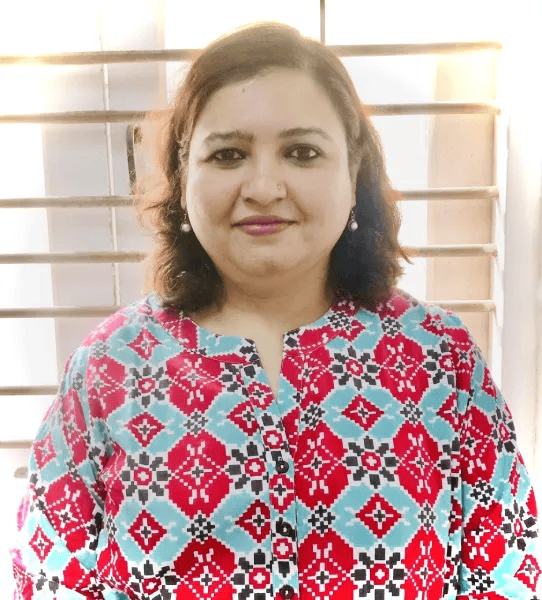
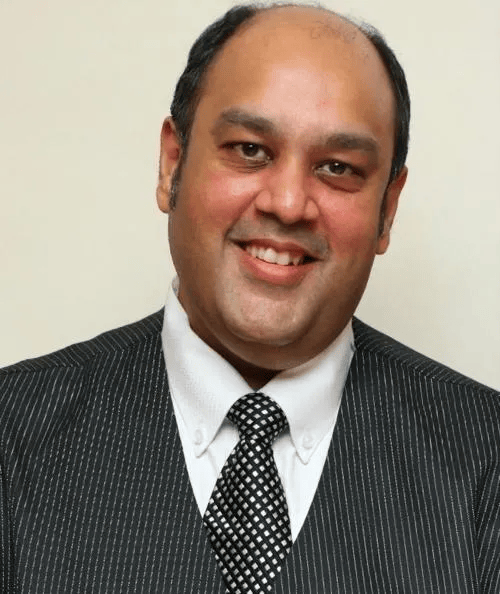
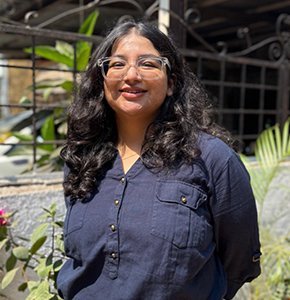


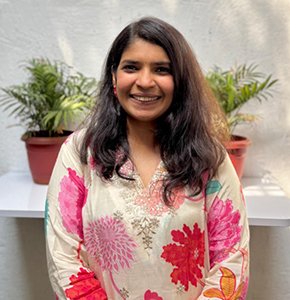
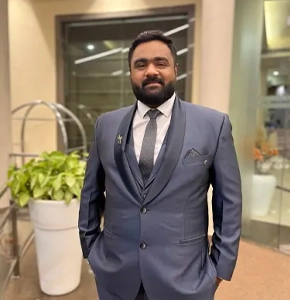


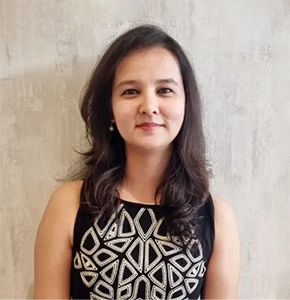
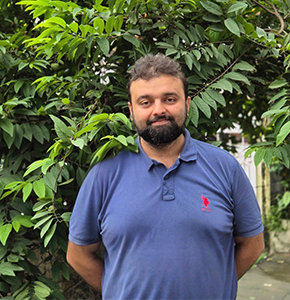
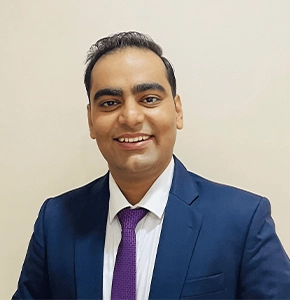
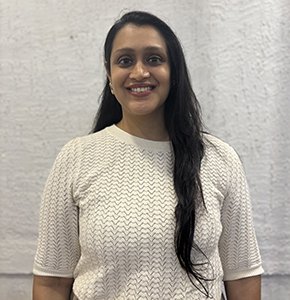
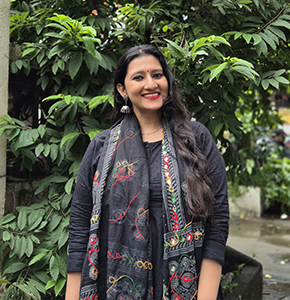

Social Communication & Interaction
Autism spectrum disorder is a condition where a child/adult may struggle with social interaction and communication skills, exhibiting any of the following symptoms:
Patterns of Behavior
A child or adult with autism spectrum disorder may have limited, repetitive patterns of behavior, interests or activities, including any of these signs: